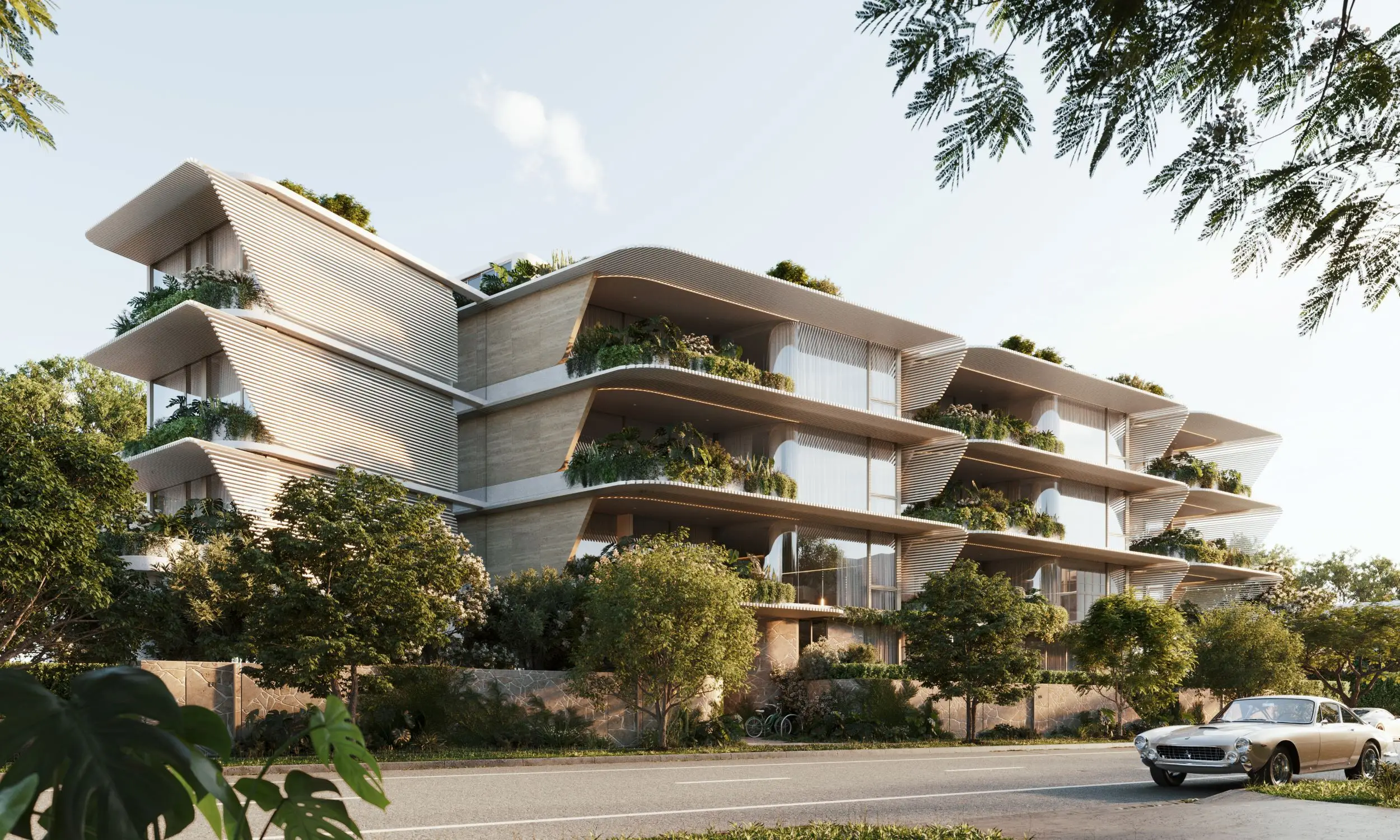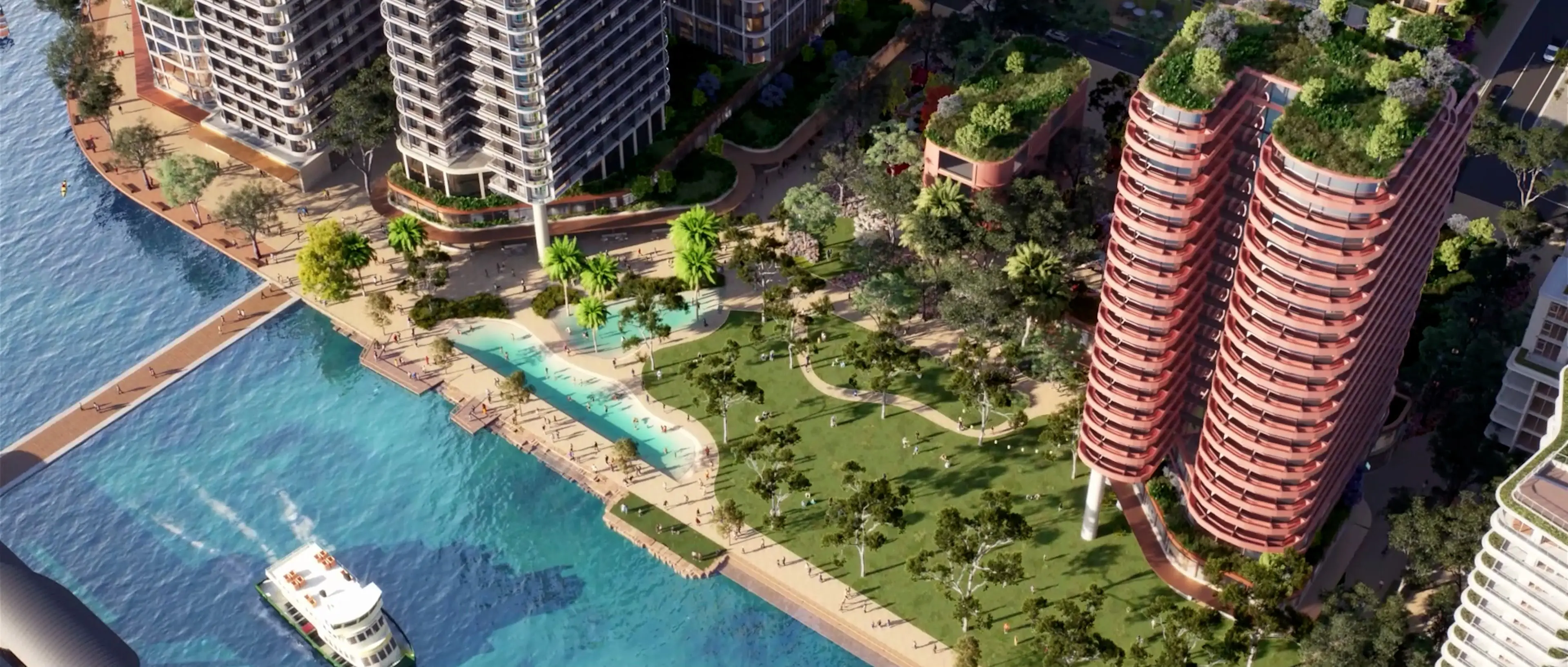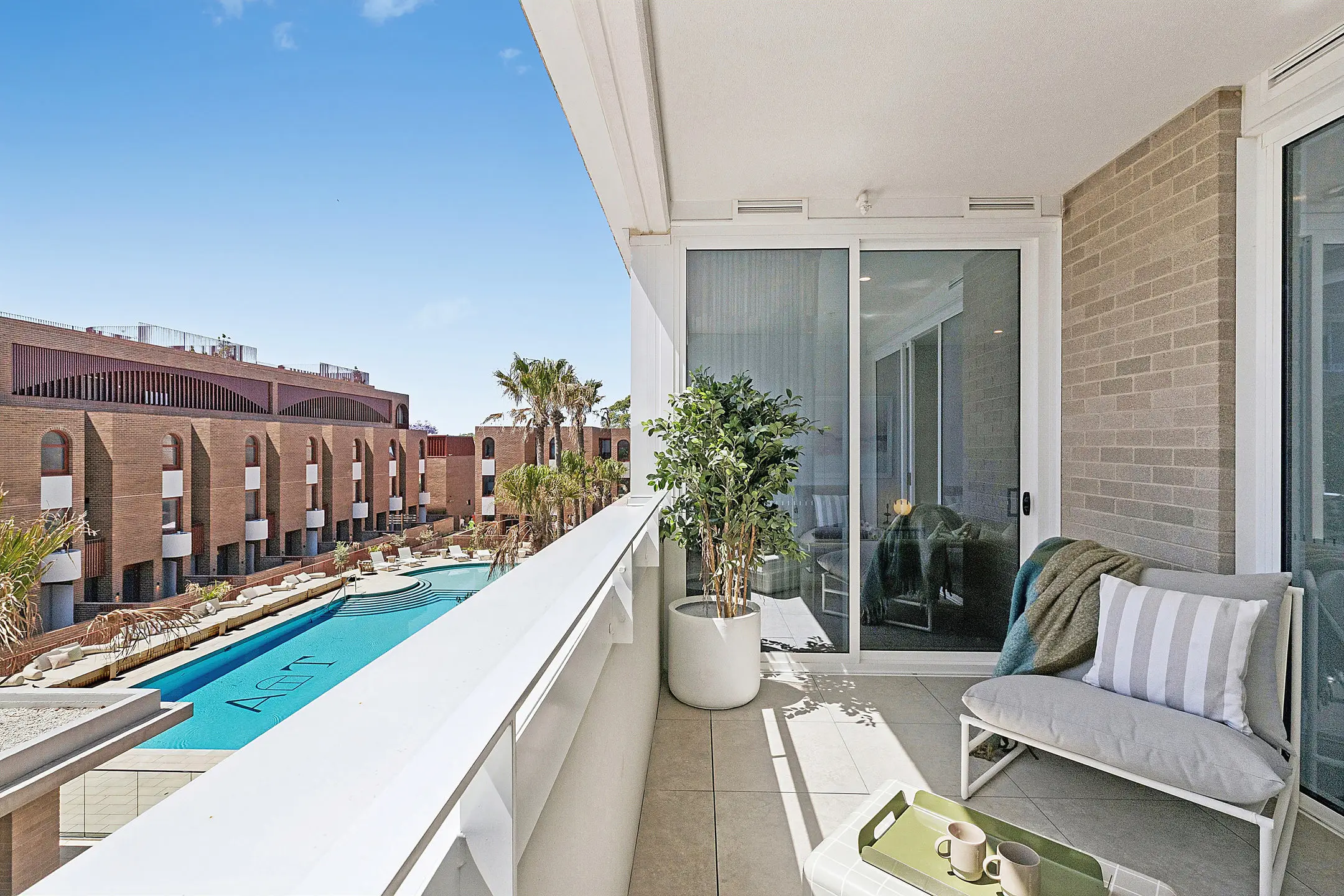
The international National Park City Foundation has awarded Adelaide National Park City status - making Adelaide the first in Australia and second in the world after London.
Adelaide has been awarded the third most liveable city in 2021, the sixth most sustainable city by National Geographic, named a top ten tourist destination by Lonely Planet and ranked in the world’s ‘52 places to visit’ by the New York Times with the recent National Park City status further bolstering the city’s status.
Despite South Australia facing the challenges of urban infill, climate change and loss of natural habitat, the internationally recognised status focuses on balancing the conveniences of a metropolitan lifestyle while also looking after the environment and its residents’ wellbeing.
South Australia’s Environment Minister David Speirs said Adelaide becoming a National Park City would bring a range of benefits. “Adelaide National Park City status isn’t just another title for our city; it is a trigger to promote and connect people with on-ground action to look after our environment for everyone’s health and wellbeing as well as boost our economy through increased tourism,” he said.

“Over the next few years, through our urban environmental board Green Adelaide, you’ll see some real on-ground action towards the Adelaide National Park City movement to create a cooler, greener and wilder city. This includes $5 million to green our CBD streets and places, $5 million to re-wild the River Torrens, and millions of dollars in grants to enable the community and council to deliver climate-resilient projects on-ground.”
Adelaide already harbours 30% green space, diverse wildlife from 1,080 native plant species and 281 native species of birds to 60 native fish species and 47 native mammal species, plus more than 58 species of reptiles. The Adelaide Government also states that 95% of Adelaideans are within 400m to open green spaces.
The Adelaide National Park City movement aims to be a place where people and nature are better connected. The movement will focus on offering more natural spaces for Adelaideans to enjoy, diversity in employment opportunities, healthier flora and fauna, support residents’ physical, mental and social health, better air and water quality and the global green title for Adelaide.


